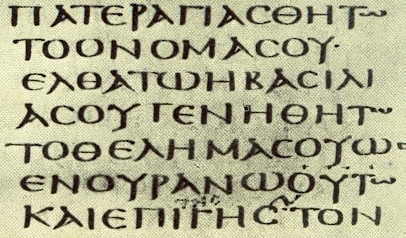

"Earliest Surviving Christian Bible Recovered!"

About 800 pages of the earliest surviving Christian Bible have been recovered and put on the internet.
Visitors to the website www.codexsinaiticus.org can now see images of more than half of the 1,600-year-old Codex Sinaiticus manuscript.
Fragments of the 4th Century document - written in Greek on parchment leaves - have been worked on by institutions in the UK, Germany, Egypt and Russia.
Experts say it is "a window into the development of early Christianity".
Preservation secrets
Dr Scot McKendrick, head of Western manuscripts at the British Library, said the wide availability of the document presented many research opportunities.
"The Codex Sinaiticus is one of the world's greatest written treasures," he said
"This 1,600-year-old manuscript offers a window into the development of early Christianity and first-hand evidence of how the text of the Bible was transmitted from generation to generation.
"The availability of the virtual manuscript for study by scholars around the world creates opportunities for collaborative research that would not have been possible just a few years ago."
The original version contained about 1,460 pages - each measuring 40cm by 35cm, he added.
- BBC News
Click Anywhere On Brown Banner To Go To Site!
Read Article Below To Find Out More!

